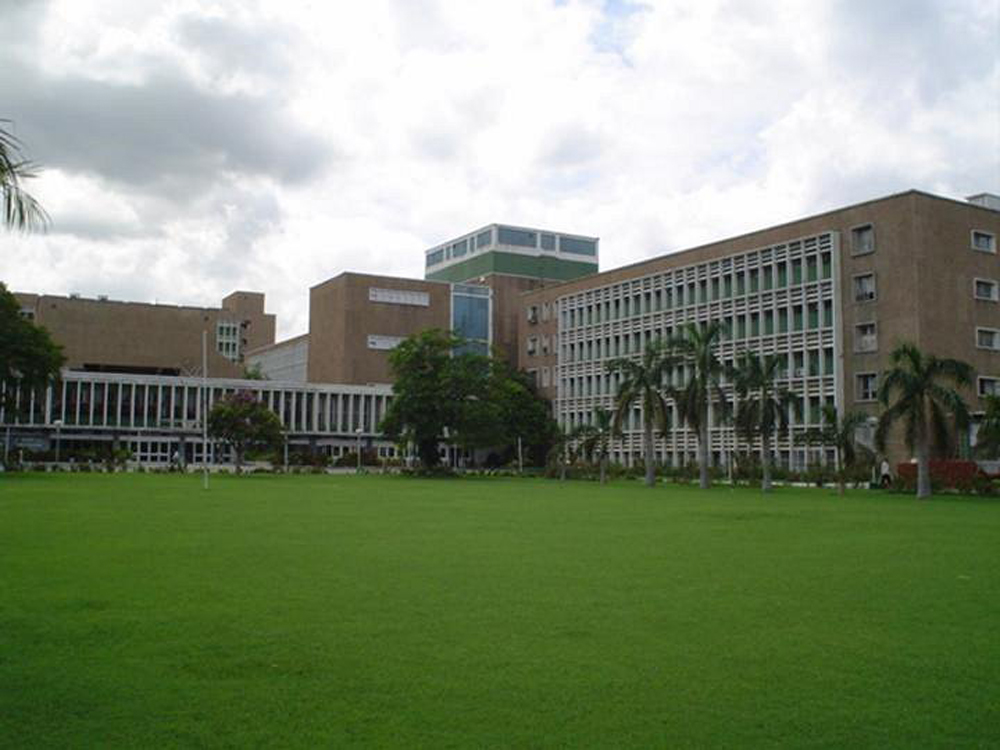A proposed legislative change to create a new regulatory structure for medicine could make medical education more expensive and wrest private medical college seats out of reach from poor and middle class students, the Indian Medical Association said on Tuesday.
The National Medical Commission (NMC) Bill 2019, introduced in the Lok Sabha by the Union health ministry on Monday, appears intended to throw open the medical education sector for profit-making, the IMA’s office-bearers said.
The bill, seeking to replace the Medical Council of India, has proposed four autonomous boards for undergraduate education, postgraduate education, assessment and rating of medical colleges, and ethics and registration. It has proposed to regulate fees and other charges for 50 per cent of seats in private medical colleges, a revision from an earlier 2017 version of the bill that had proposed to regulate fees for 40 per cent of private seats.
The IMA officials have expressed concern that the bill would allow private medical colleges to further raise their fees to exorbitant levels for far more seats than they are allowed to do so under existing state-regulated fees.
“There has never been a blatant pro-rich bias of this intensity,” said Rajan Sharma, the national president-elect of the IMA, the country’s largest body of doctors with a membership of around 300,000. Sharma and other IMA officials said they are hoping MPs would recognise the risks in the bill.
Under the current state-regulated fee structure, private medical colleges charge government-level fees for 50 per cent of their seats but can charge much higher fees for 15 per cent seats, and some intermediate fee-level for the other 35 per cent, said the IMA’s secretary general R.V. Asokan.
“Now the NMC bill will give the commission the power to regulate fees,” Asokan said.“We have to think about the long-term impacts on society if exorbitantly priced medical seats go only to those who are able to afford them,” he told The Telegraph.
Asokan said even under the existing fee structure, there are sharp differences between government and private medical college fees. Students in government medical colleges would have to spend at most about Rs 1.5 lakh to 3 lakh per year, but students in some private medical colleges pay Rs 15 lakh to more than Rs 20 lakh per year, he said.
The IMA officials have also expressed concern about what they describe as a dilution of eligibility criteria to open medical education to for-profit companies and private partnerships, saying this will intensify the process of commercialisation of medical education.
The NMC bill has also proposed common entrance and exit tests for medical colleges, nationwide, including “institutions of national importance” such as the All India Institutes of Medical Sciences. The nationwide exit test will serve as a licentiate exam to practice medicine as well as a screening test for entrance to postgraduate medical courses.










